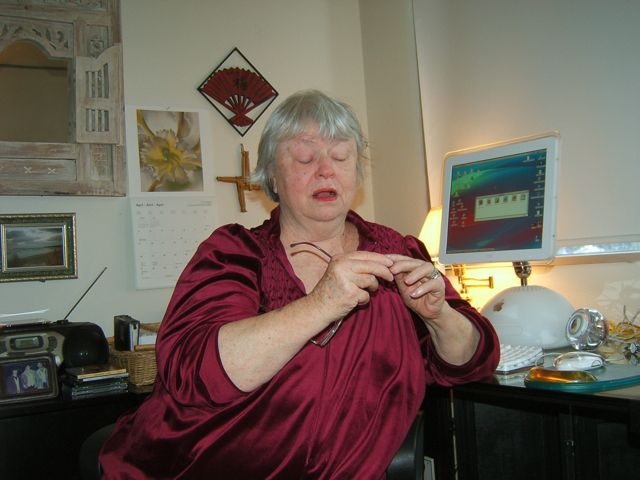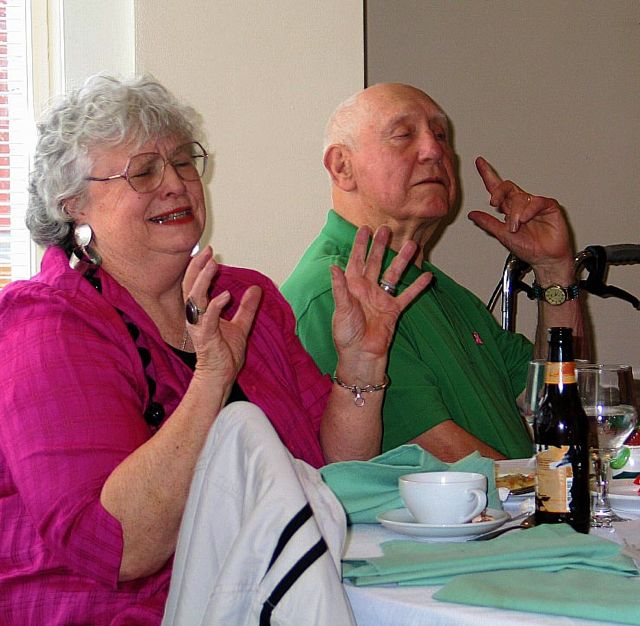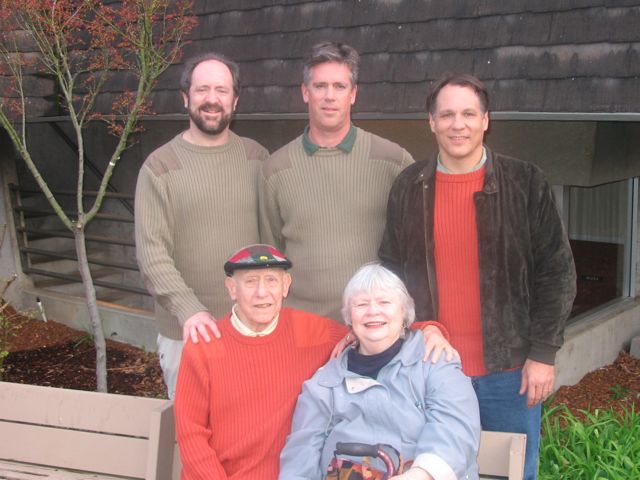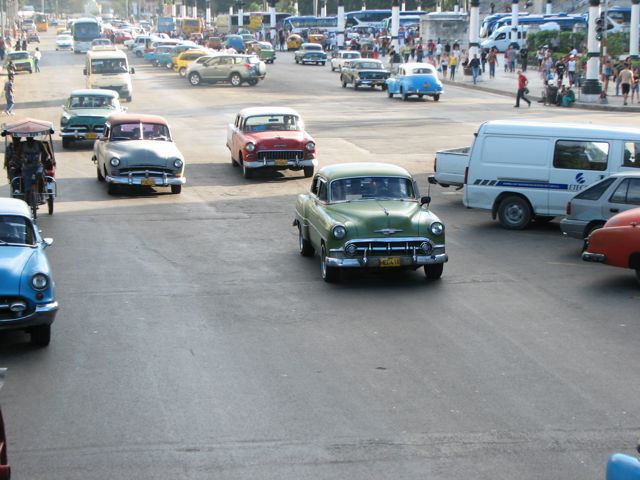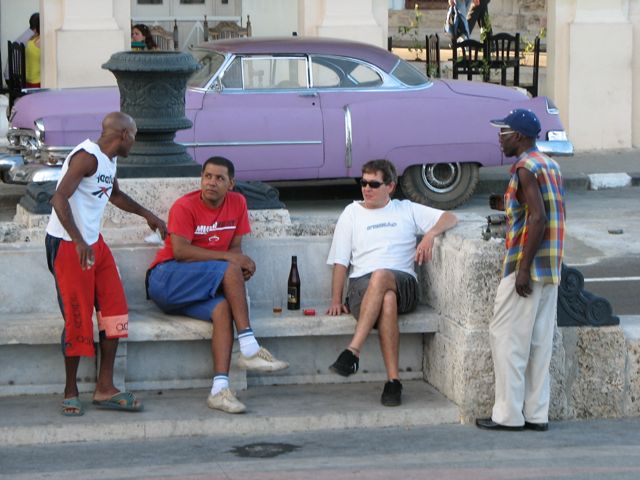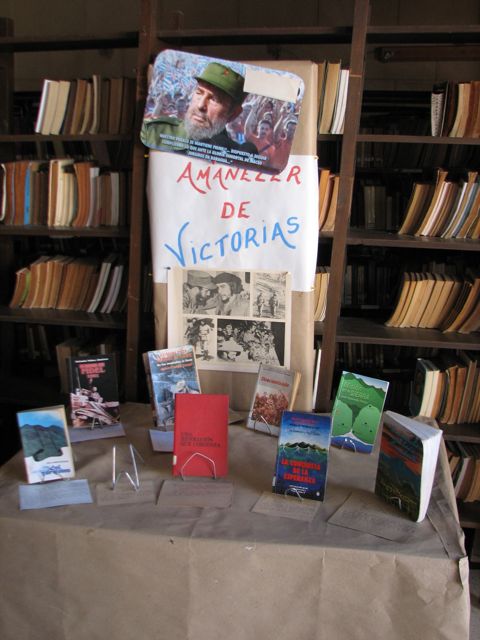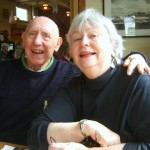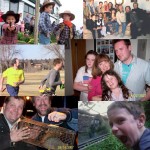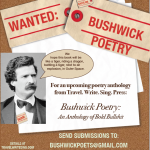Today, after a day kayaking with my family on the river, I visited my grandfather and he reminisced about his love, my grandmother Patricia Mees Armstrong. When my Grandma died, I felt no closure. Hadn’t she just emailed me telling me how excited she was for my visit? Didn’t I have a plane ticket to visit her in a week? How was it remotely fair that the flight I bought to see her brought me to her funeral?
I first met my grandma simply as a grandmother: an older woman carrying an aroma of strong perfume, who, unlike my mom, understood the importance of large amounts of candy in my life.
As time went on, I began to know my grandma as the poet. Poetry will still always conjure her. Her death five years ago has only strengthened this cementing association.
In life we cross paths with multitudes, but only a few people along the way take our hands and lead us down a path we otherwise never would have embarked upon. My grandmother was one of these.
On my 13th birthday, she gave me a copy of Hemingway’s The Old Man and the Sea. Accustomed to Disney endings, I thought it would have been better if Santiago’s fish had not been lost to sharks. But I liked the book, and it made me think about Cuba, a topic of interest that continues for me today.
For most of her life, my Grandma worked as a teacher. Her influence on her students lasted far beyond the classroom. In 1967, she had her sixth grade students sign a pact. They all agreed that on Jan. 1, 2000, they would hold a reunion in front of the Eugene Hotel in Eugene, Oregon. Thirty-three years later, her students resurfaced from across the country and met my Grandma there to fulfill the pact signed in their youth. Aside from teaching, her two burning passions were writing and travel. In her almost dozen books of published poetry, both themes played heavily in her prose.
Though we never lived near each other, we corresponded through daily email missives and occasional phone calls. Often she would send me a draft of a poem she was working on. It didn’t matter that I was a teenager who knew next to nothing about what made a poem a good poem, she would send me her verse and ask what I thought of it. In high school I too began penning poetry. These verses were for myself, and not something I planned to share with anyone, ever.
As I grew up, our relationship deepened. I began to glimpse parts of myself in my grandma. My own love of travel and passion for literature reflected her mania for both. Mania is the best word to describe her itchy feet. She and my Grandpa lived in 51 different houses in their 53 years of marriage. A self-described “hopeless ex-pat” jumping from Guam to Greece, then Greece to Ireland, she traveled despite her failing health. She traveled until her racked body finally ground her.
When she became too sick to travel, we would talk on the phone, planning a trip to Cuba that clearly would only ever exist in our imaginations. But neither of us admitted this, instead we talked for hours about walking along the harbor and wandering the Hemingway haunts of Havana.
The first poem I ever shared with anyone was with my grandma. It was a poem she had inspired. Maybe I sensed that she wouldn’t be with me much longer. Maybe this thought allowed me to overcome the soaring self-consciousness that bordered on shame at the thought of sharing my deeply personal poems with anyone. Her email response is one I repeat often in my thoughts:
My, I had to take some time to acknowledge your latest paean. I blush, of course, and also am touched by your imagery, cadence, analogies – there is raw talent in your written words, Luke, an innocence blended with worldliness…I encourage more poetry, concrete as well as abstract. You have the subject matter of every exotic place you are traveling.
After her passing, it seemed there was something left undone. An idea led to an action and two weeks after her funeral I was on a plane descending into Havana’s Jose Martinez International Airport with a backpack filled with my grandmother’s poetry books.
In Havana, where children run about kicking soccer balls, old men sit smoking cigars in plastic chairs, and women laugh with their conspiring lovers, I passed by the historical sights drawing in tourists in search of bookshops.
The first bookshop I found was a single room static with the smell of the clammy books strewn about the shelves. I came to do the opposite of shoplifting, stealthily slipping copies of my grandmother’s poetry books onto the shelves, I wrote inside each: To Cuba with love, From Patricia Mees Armstrong via her loving grandson. Thanks for giving me the gift of Cuba. In the end, her poetry, the most palpable part of her, made the journey we planned together to Cuba.
My grandma’s influence still lives on in the verse that I now share with the world thanks to her encouragement. This led to the publication of my first poetry book in 2010, iPoems for the Dolphins to Click Home About. My second volume of poetry, How We Are Human, has a poem, Poetry For The Dead, that borrows stanzas and lines from my Grandma’s poetry.
The composition process of this poem felt out-of-body. Her stanzas speak in answer to mine. When I read the poem, it feels like my grandma wrote those stanzas specifically to be able to speak to me from the recesses of the past. She would have been happy, thrilled actually, to find that her influence on me continues today every time I put myself out there by not making my poetry personal but available. Maybe in some small way this sharing will give to someone else the gift of poetry that she gave to me. As long I write verse, the voice of one of my muses will always be named Grandma Armstrong.

